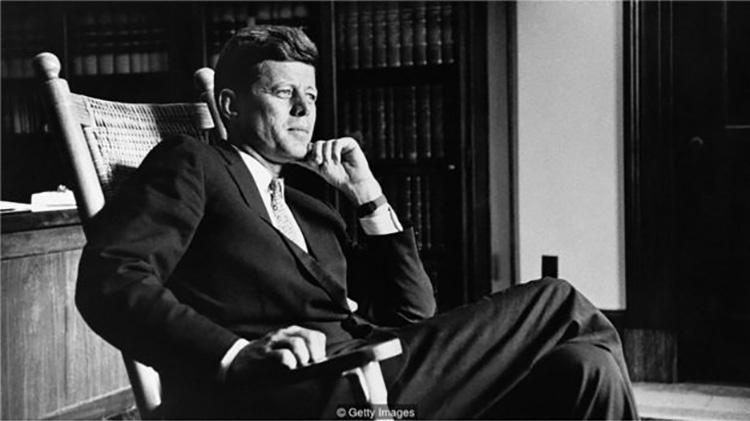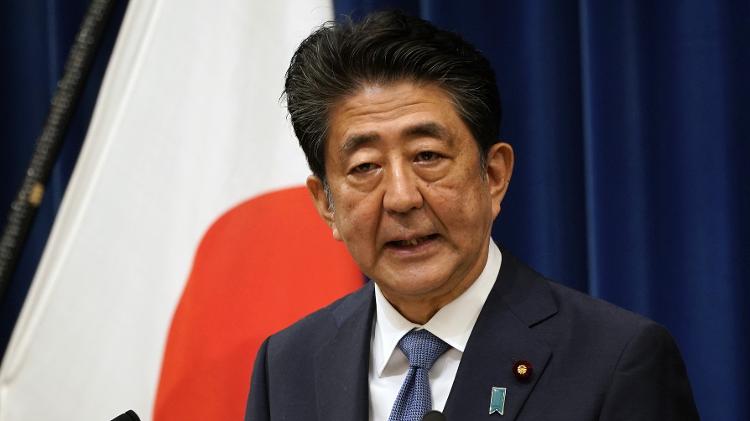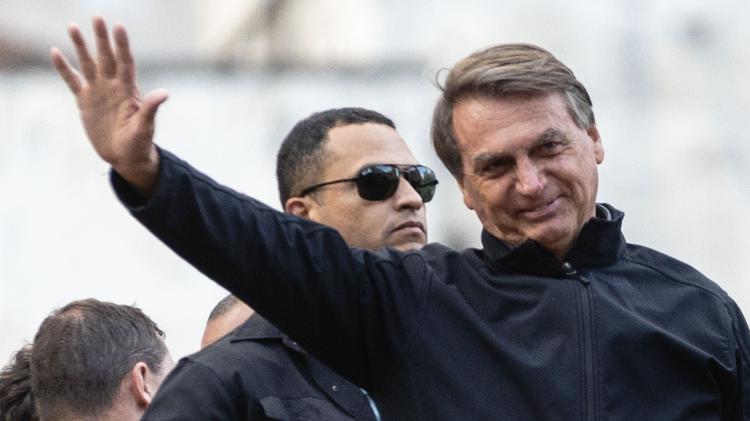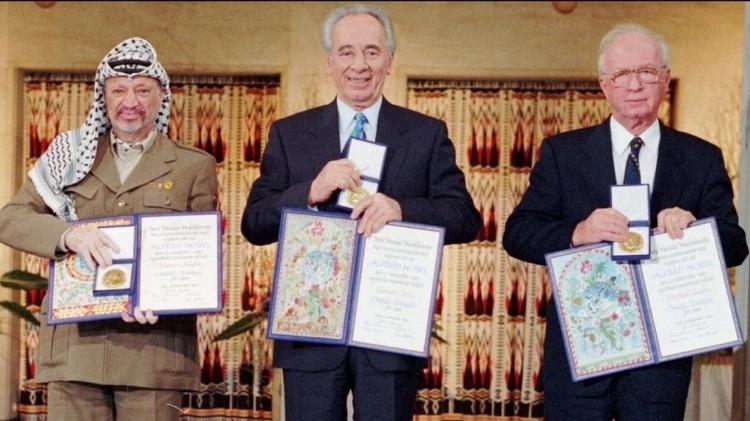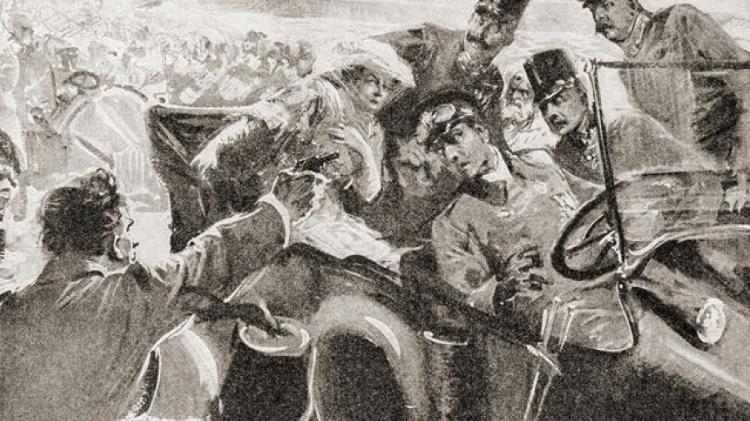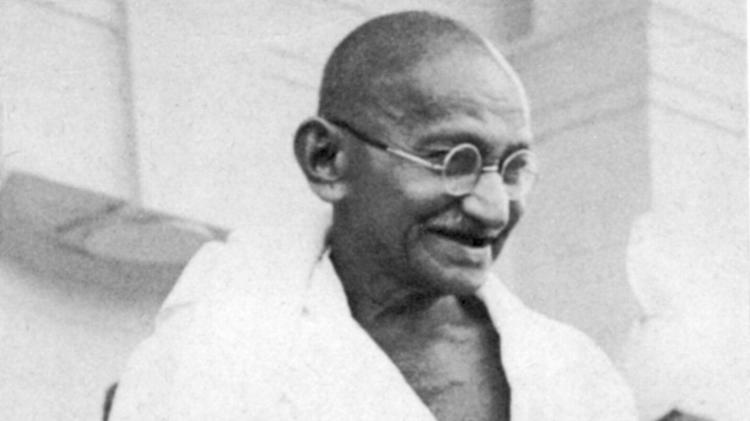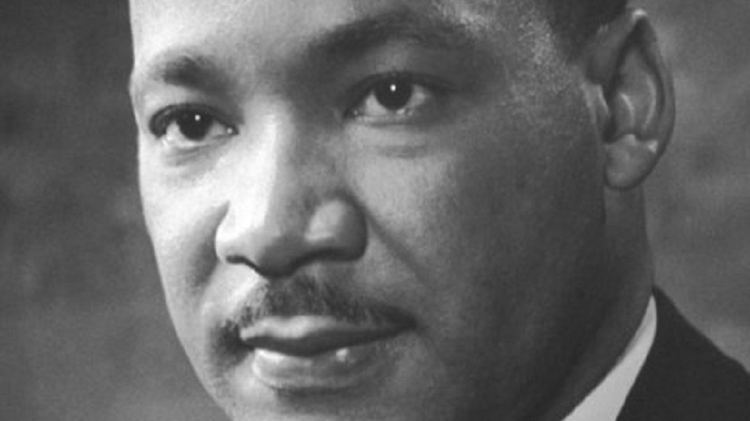The assassination attempt on Argentina’s Vice President Cristina Kirchner last night by Fernando Sabag Montiel, a 35-year-old Brazilian living in Buenos Aires, scared everyone.
It is not yet known why Brazil planned the attack, but this case falls on the list of attacks on political leaders, almost always motivated by ideological differences or a power struggle.
There have been dozens of attacks against leaders around the world throughout history, but at least seven of them have brought major shocks to world geopolitics and Brazil.
john kennedy
On November 22, 1963, the 35th President of the United States, John F. Kennedy, was shot twice while at a car parade in Dallas with his wife, Jacqueline Kennedy.
The shots were fired by ex-marine Lee Harvey Oswald from the 6th floor of the Texas School Book Depository with a Carcano rifle with a telescopic sight.
According to investigations, the reason for the shootings may be related to the conflict in the south of the USA, which has adopted discriminatory policies against blacks. Kennedy had promised a law that would give civil rights to all Americans.
Shinzo Abe
In July of this year, former Japanese Prime Minister Shinzo Abe was shot while speaking at an election campaign in the city of Nara.
The suspect in the crime is a 41-year-old Japanese, identified as Tetsuya Yamagami, who may have used a homemade shotgun. The death shocked the country, where gunshot deaths are rare.
Abe was the longest serving Japanese leader as prime minister and is known for his strategy of economic recovery called “abenomics”.
The criminal, who will be a former member of the Japan Maritime Self-Defense Force, allegedly claimed that he was dissatisfied with Abe and therefore wanted to kill him. The information was given to “NHK”, but police did not confirm the state-owned company’s report.
Jair Bolsonaro
The then presidential candidate, Jair Messias Bolsonaro, was attacked at a campaign rally in Juiz de Fora (MG) on September 6, 2018.
Bolsonaro was with his supporters and was carried on his shoulders when someone approached and stabbed him with a knife in his stomach and hit part of his intestines.
Jair was taken to Santa Casa de Misericórdia de Juiz de Fora, where he underwent surgery and survived despite having to use a temporary colostomy bag.
According to the Federal Police, the attack was planned and carried out by 40-year-old Adélio Bispo de Oliveira, who was arrested in the act.
At the end of the investigations, the PF concluded that Adélio acted alone and was guilty of ‘political incompatibility’ with Bolsonaro’s ideas. Later, a report showed that Adélio had a mental illness, which does not make him responsible for the criminal conviction.
Yitzhak Rabin
The then Israeli Prime Minister, Yitzhak Rabin, was killed in Tel Aviv on November 4, 1995, during a demonstration for peace between Palestinians and Israelis.
The crime was committed by the Jewish extremist Yigal Amir, who rejected Rabin’s policy of trying to reach a peace agreement between the two peoples.
The signing of the first peace deal with the Palestinians under Rabin in 1993 earned him the Nobel Peace Prize. Rabin even managed to get the Oslo agreements, which could have led to the settlement of the conflict, but the offensive and tensions in the region increased over the years to the point where the war continued to the present day.
francisco ferdinand
The attack on Archduke Franz Ferdinand, heir to the Austro-Hungarian Empire, is perhaps the death that triggered World War I, causing the longest chain of violence in history.
Ferdinand and his wife, Duchess Sophie, were shot dead in Sarajevo on June 28, 1914, on their way to Bosnia to participate in military maneuvers and participate in the opening work.
The murder was committed by 19-year-old Serbian terrorist Gavrilo Princip, a member of a group of young people who do not tolerate the alleged expansionist ideals of the Serbian monarchy.
The attack was so serious that Austria declared war on Serbia, which was accused of complicity in the crime that resulted in World War I.
Mahatma Gandhi
Mohandas Karamchand Gandhi, or more commonly called ‘Mahatma Gandhi’, was a Hindu revolutionary who supported a campaign for the liberation of India, which continued as a British colony for two centuries.
Gandhi’s greatest mark was the pacifist way in which major hunger strikes were more common, with people fighting to secure their intentions.
Even after gaining great rights for the Indian people and the country’s independence, part of the population was against Gandhi because the revolutionary also fought against the traditional caste system of India and defended the rights of the least favored in the society.
In January 1948, Gandhi traveled to New Delhi and was surrounded by his followers when he was shot dead by a Hindu fanatic. The criminal Nathuran Godse was the editor of a nationalist newspaper and a member of a political-religious organization that opposed Gandhi’s policy.
Martin Luther King
American Martin Luther King was attacked many times during his fight for black rights, which earned him the 1964 Nobel Peace Prize.
Like Gandhi, the American called for a pacifist struggle for rights, and although he did not hold a position of power, his influence on the people gave him great political power.
On August 28, 1963, the civil rights and peace march led by Martin gathered 250,000 people in Washington, where he delivered his “I Have a Dream” speech.
Shortly after the Nobel Peace Prize, however, on April 4, 1964, Luther King was shot in the face during an attack and died on the balcony of the Lorraine Motel in Memphis.
The perpetrator of the crime escaped convict James Earl Ray, who saw King as a traitor. He also claimed that the marches he organized weakened the country.
source: Noticias
